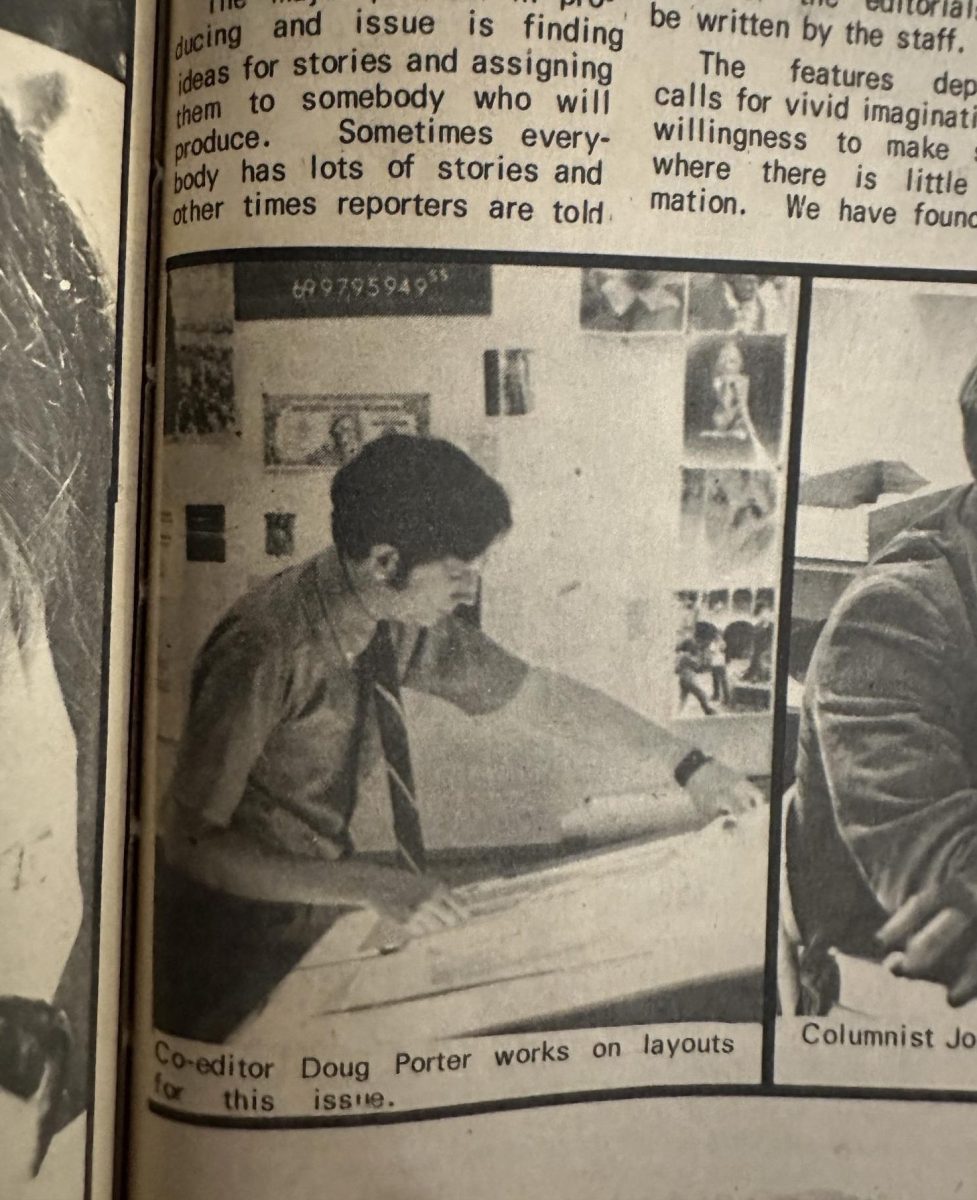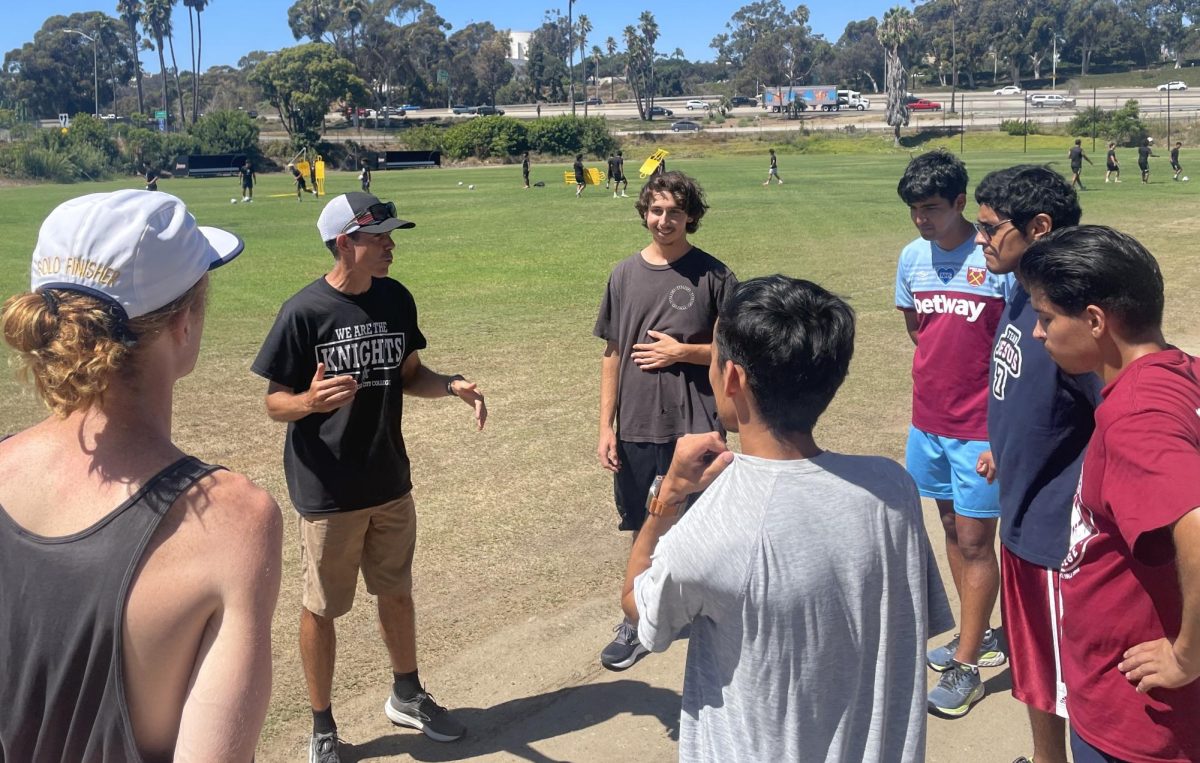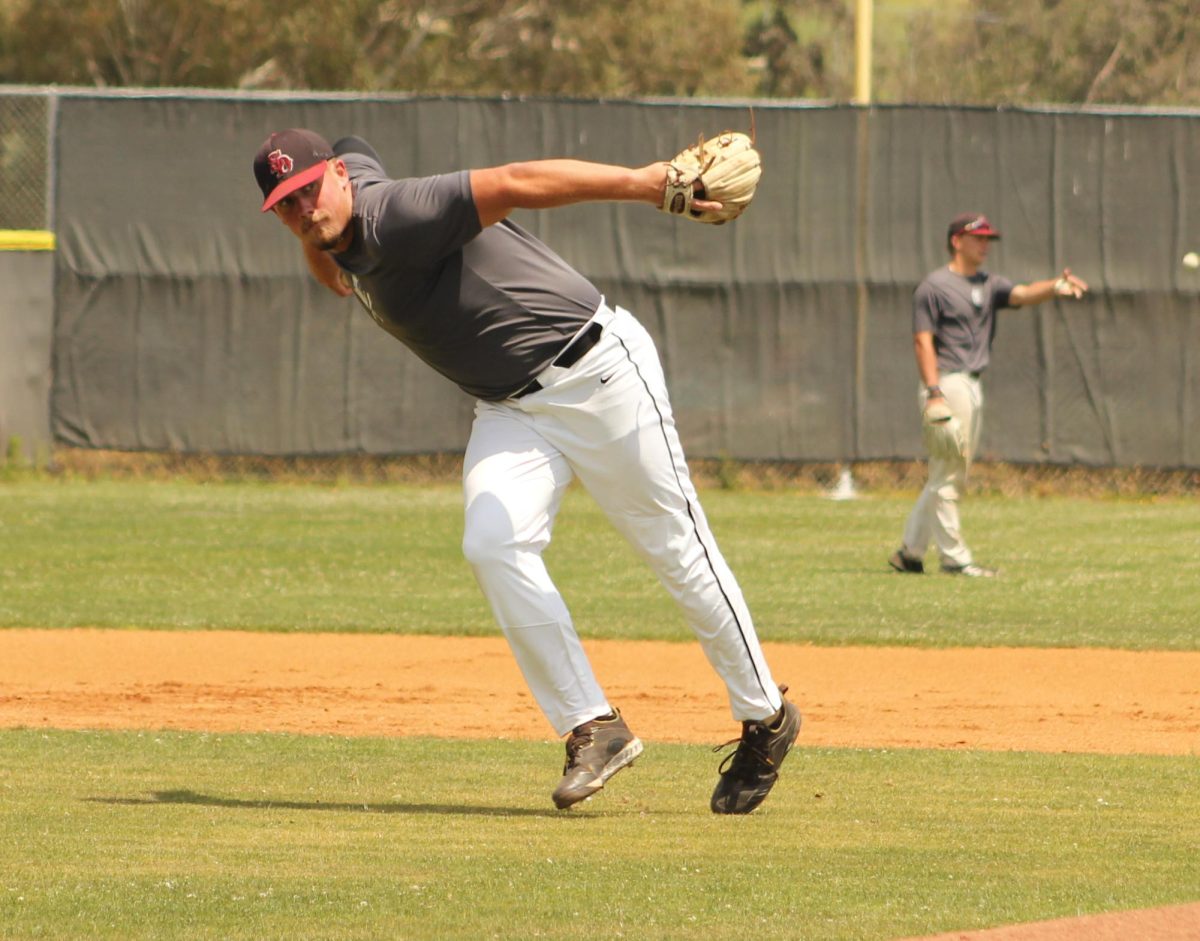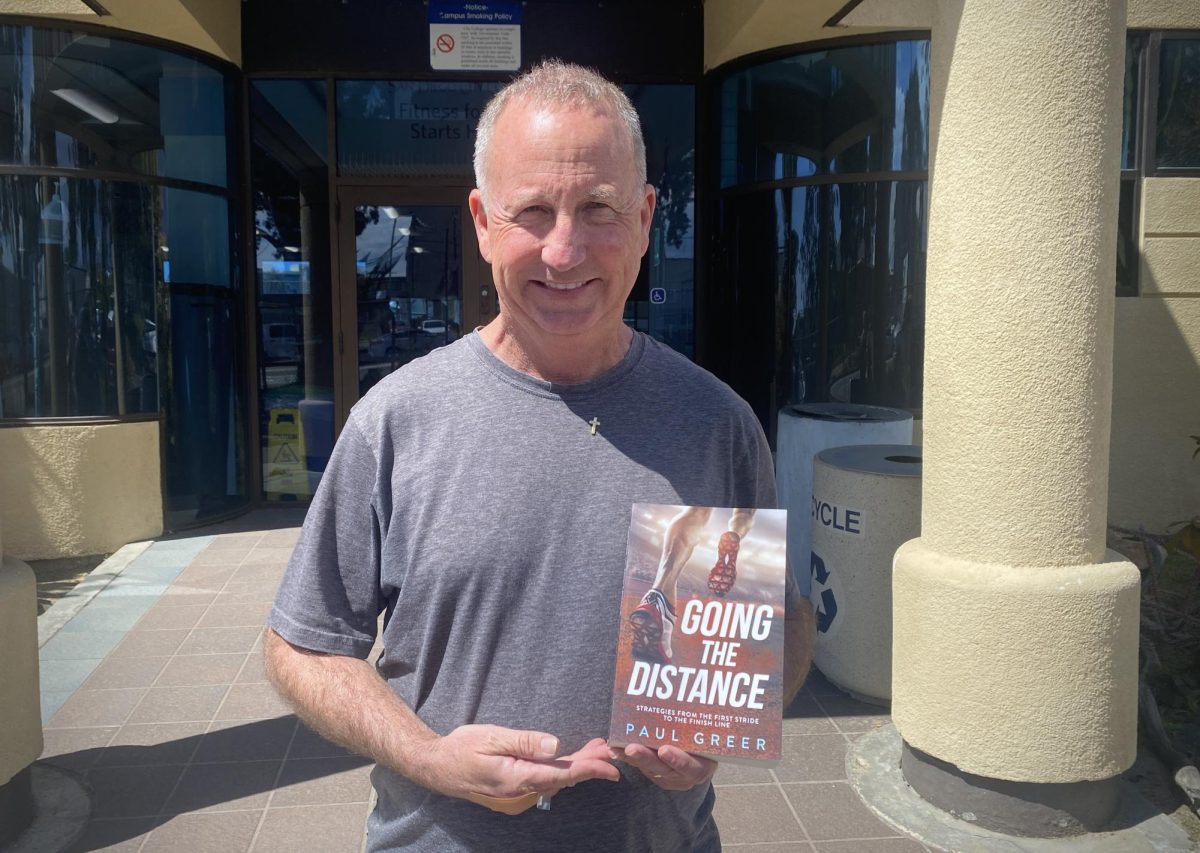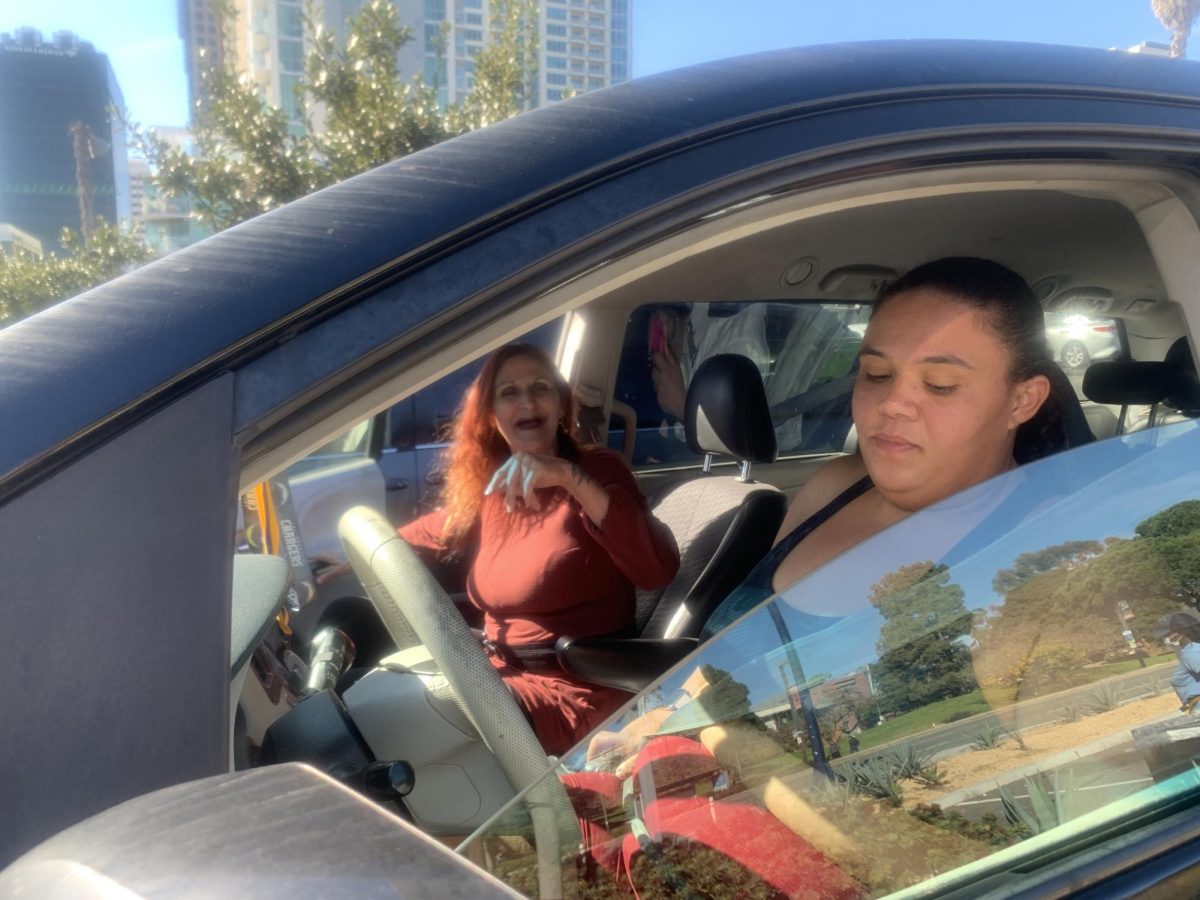In a meeting in May 2008, the issue of hungry students came up and Cherie Bromley-Taylor decided to take action. Taylor, the administrative technician at CALWORKS, is the administrator and initiator of the food pantry at City College.
A study to determine students’ needs had been conducted and concludes that students have access to food, but there are other issues sending them to class hungry. According to Taylor, these findings “really changed [their] philosophy.
“It’s the end of the month, you left your lunch on the bus, bugs got into the flour or the dog ate the tortilla – that kind of a situation,” Taylor explains.
Roberta Krauss, an adjunct counselor from CalWORKS, Bernice Lorenco and Mary Jane Kruis, program coordinators from CalWORKS, and Dean of Student Affairs, Denise Whisenhunt, join Taylor to create an ad hoc board. This board, called the Food Pantry Committee, also includes Deedee Porter, the bookstore manager, and Leslie Easton from Mental Health services.
The committee decided to start the food pantry as a pilot project, designed to hand out lunches in emergency situations only. There are only two requirements to receive a lunch – the recipient has to be hungry and they have to be a student. She says the lunch boxes only include items students can eat and cook on campus, using the microwaves available in the cafeteria, to avoid the need for a kitchen.
BEAT club had a similar idea, to create a food bank that would supply students in need with food. However, the food bank would contain perishables as well as other items that require a stove or kitchen, which is what makes it different to the pantry. The food pantry committee and BEAT have been working together to get donations for the food pantry at BEAT events or by asking companies, students, faculty and staff for donations. Some staff even made monthly pay-roll deductions to help fund the pantry.
The lunches are not designed to permanently feed poor students, as other programs such as food stamps are. They are not equipped to feed hundreds of students a day, as their resources are more than limited. However, if an emergency arises, hungry students who do not have the money to buy something at the store should know that there is an alternative.
The lunches are handed out in several locations on campus : CalWORKS in the L-building, where Taylor works, Mental Health Services office and EOPS office, both in the in A-building, and Student Affairs in the D-building. Each lunch includes at least one protein, one beverage, one fruit and a snack, such as crackers or chips. The pilot program was launched in mid-Nov. So far, between 80 and 100 lunches have been given out to hungry students. Taylor keeps track of the students’ CSID numbers, and is trying to figure out how many times a student should receive such a lunch.
“We are trying to make our resources last, while at the same time helping students in emergency situations,” Taylor said.
Larissa Dorman, faculty advisor for Bringing Education and Activism Together club, echoes that sentiment. “Leave it for the students that really need it.”

